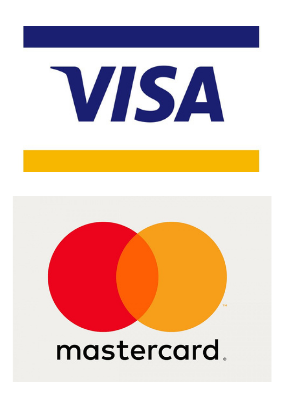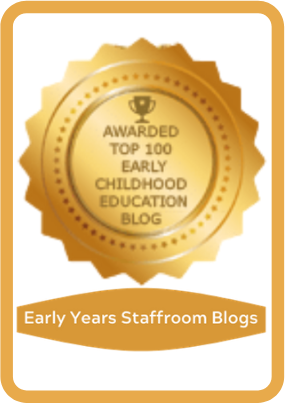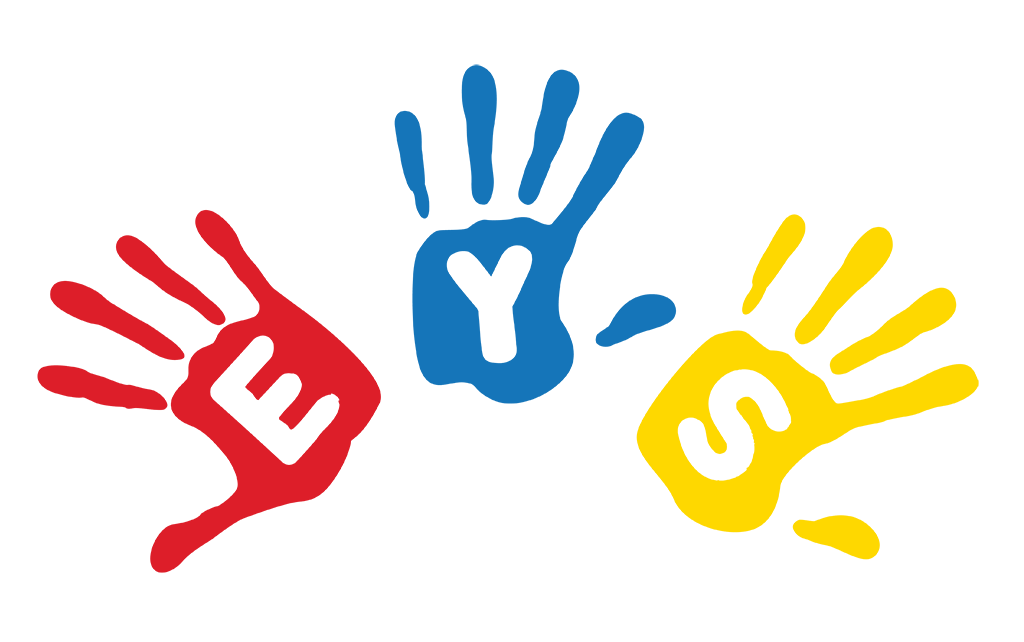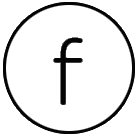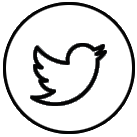There are 5 main areas to think about when reflecting on Early Years Practice;
- Relationships
- Environment
- Pedagogy
- Direct Teaching
- Assessment and Interactions and Observations in Play
RELATIONSHIPS
Relationships includes with children, colleagues and parents, all are important.
Children learn best when they are happy and settled so it’s important that they feel loved, cared for, comfortable and that you spend time really getting to know each child. It is important to reflect on relationships so you can establish if a particular relationship could be stronger. Take time to talk and play with children and remember things that they have talked about or show an interest in, this is where it is useful to be flexible with your Teaching approach.
Likewise, parent relationships are very important too. Parents need to know what is going on in the classroom so they can talk about it at home and build on learning. It is important to use a variety of communication methods to ensure inclusion. Research shows relationships are stronger when practitioners use home visits and invite parents into classes. Read more about building strong relationships with parents here.
It is important to think about Leuven scales here as wellbeing starts with relationships. If wellbeing is high children are much more able to learn. Read more about Wellbeing here.
Routines are important for children’s wellbeing. It is important to be flexible but also to keep some things the same each day, for example, keeping the morning calm, warm and inviting. We have ideal timetables available to download on the website which can be edited to suit your setting.
Other adults are important to think about when thinking of relationships as children react to adults. They need to see everyone interested and friendly with good relationships.
THE ENVIRONMENT
Children need to be engaged with the environment, so it is important to reflect on this each day; Are the children engaged? If not, why not? What can we do to engage them? What resources would challenge them? What are their interests?
To ensure the environment is as good as it can be, we have continuous provision planning for each area in the environment. We have also created a thorough Audit where the environment is self-assessed and enables us to keep asking questions.
There are lots of Questions to ask – What can the environment teach when I am not there? What will the children do when I am not there? Who is this display for? What will the children get from this? Who plays where? Are any areas unused? Why? How can I provide challenge? How can I be inclusive? How do I enable independence?
As part of assessing the environment, it is a good idea to carry out a Gap Analysis (from Alistair Bryce Clegg) which shows the areas where you need to develop the environment to help children fill the gaps.
While observing the children in play we can observe their involvement, energy and excitement in the environment and look at interesting invitations to play; Facebook (Early Years Staffroom) and Pinterest are a good inspiration for these as people are always putting up new ideas. We can ask ourselves; where the children are learning? Are they using inside and outside, what can I do to ensure they are getting a balanced experience?
PEDAGOGY
My own Pedagogy is that I want to instil a love of lifelong learning and motivation. I put children’s needs first, I know they need time to play and they need to be engaged in their learning. Children need to learn through play and make mistakes and think for themselves to enable creativity and imaginations and thinking skills. I respect children and build relationships knowing that is the key to success in their learning. I believe young children can learn expected behaviours through love and reason. I believe that anything is possible and anyone can do anything if they have ‘fire in their belly’. The trick is to keep the fire alive. To do this I focus on process not product.
Kindness is really important for me to teach. I set up a kindness tree in my class where children can add leaves when they see someone doing something kind. This was excellent in promoting kindness and also in teaching children to understand why they should be kind.
Everyone has their own pedagogy and it’s important to reflect on this as you learn, a great tool to help with this that the Early Years Staffroom developed is My Learning Journey.
It is important to keep up to date with continuous reading and training courses; online and conferences helps to reflect on practice and improve the way we do things. There are training videos available on the website here.
There are also PowerPoints to help with internal training here.
DIRECT TEACHING AND ASSESSMENT
It is important to reflect on your direct teaching and ask yourself; Have the children understood? If not, catch them later in the session on a one to one basis and tailor teaching to their Interests. There is a huge range of abilities in Early Years and personalised learning is key.
You can use a variety of strategies for example, objective led planning where the objective is taken to play this helps teach according to preferred style as well as ability.
Reflect on children’s engagement in their learning, are you teaching with purpose? For example, baking cakes in celebration of an occasion, there are some great recipes here. I think it’s important to try to celebrate as many celebrations from different faiths and cultures as possible do that children understand diversity from a young age.
Formal Assessments help to inform next terms planning and show where the gaps are in direct teaching like phonics.
We have put together a unique Early Years lesson observation form to aid leaders to evaluation best practise based on the Ofsted Early Years Inspection Handbook.
INTERACTIONS AND OBSERVATIONS IN PLAY
This is a really important part of working in Early years as it is easy to interfere in play rather than interact. Even experienced teachers get it wrong sometimes. So, I ask myself How have my interactions enabled learning? Where have they gone wrong? Have I been Interacting or interfering? Most of the time you have wonderful early years moments when you have moved children’s learning on in the moment and I have learned that is useful to have the right tools to hand and always be prepared. Enabling children to learn in this way really supports children’s divergent thinking skills which helps feed their intrinsic motivation. I believe it is so important to develop these skills during the Early Years so that children can later reach their full potential. When carrying out observations it is the perfect opportunity to assess whether children are displaying the characteristics of effective learning. We have created a checklist for observations to ensure the educator gets the most out of them.
The most important way to record this wonderful Early Years practise and evaluate it is via learning journeys. We have put together a comprehensive checklist/audit for learning journeys to ensure they include every aspect of outstanding practise.
You can find training on how to observe here.
In conclusion, reflective practice is essential to working in Early Years, it is part of everyday teaching. Reflective practice enables better outcomes for children and is continuously questioning yourself. It is constantly evolving.
Outstanding practice is a cycle of constant reflecting, reviewing and adapting and improving.
Reflective practice is constantly growing.

